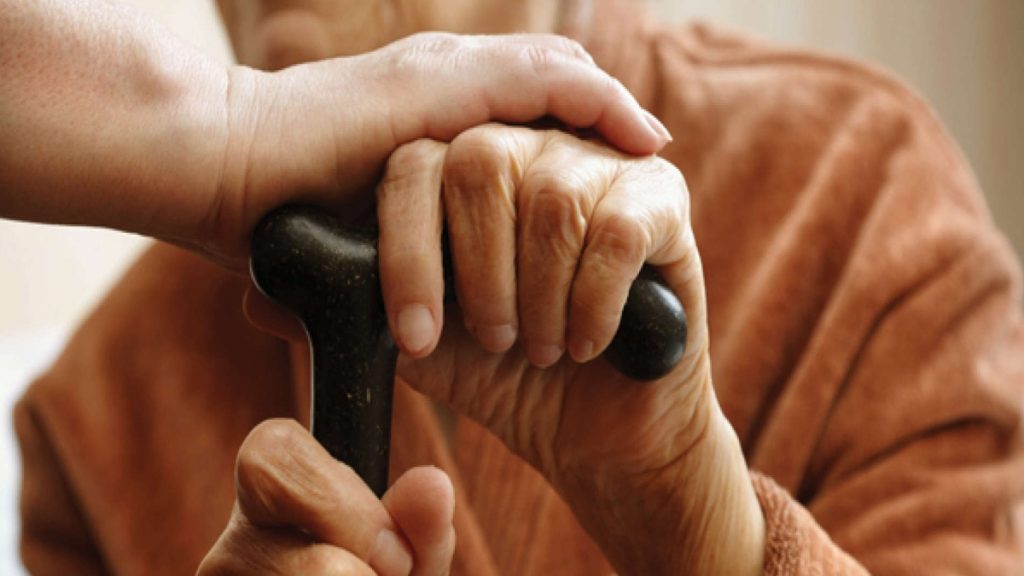Importance of Care and Protection for Older People

Issues that affect older people’s health and safety are discussed in this article. The emphasis on the right to health draws attention to the needs of older people who are disadvantaged or marginalized by society. These include LGBTQ individuals, ethnic minorities, and refugees and displaced populations. For example, the community center in Bochum assists older migrants navigating the German health care system. As their population ages, their needs also change.
Issues that affect the health of older people
Older people are at greater risk of developing age-related conditions, such as high blood pressure, cardiovascular disease, ischemic heart disease, and urinary incontinence detailed on wilmacliving.com. Dementia, which is the loss of memory and thinking skills, is a global epidemic that is projected to double by the year 2050. Alzheimer’s disease is the most common form of dementia, affecting up to 5 million people in the United States. It is important to note that, unlike some of the other common conditions that affect older people, early symptoms do not usually appear, although, in some cases, urine tests can detect it.
In the United States, most older Americans are covered by Medicare under traditional fee-for-service (FFS) models, which incentivize providers to provide profit-generating care. The next administration should address these problems by enacting new health care policy that emphasizes the importance of addressing the social determinants of health and lifestyle modifications. The next administration should also strengthen efforts to integrate Medicare and Medicaid financing for dually eligible older adults, and advance healthy-aging programming at the CDC.
The aging population is growing quickly. In the next few decades, the number of people over the age of 85 will triple. This rapid growth will exacerbate age-related diseases such as diabetes and obesity. Despite these challenges, it is essential to prepare for this demographic shift. The health care system and families must be prepared to meet the needs of the rapidly growing elderly population. Consider these suggestions to improve your life expectancy and health.
Issues that affect their right to health
Human rights law has historically given limited attention to issues related to the right to health of older people. Yet the right to health of older people is a universal human right. In the past decade, the Council of Europe has recognised this right in a Resolution devoted to the human rights of older persons. It has also recognized the importance of advance directives, or living wills, as a way to express an individual’s wishes about their health care.

Age-based discrimination is a serious concern, especially in medical settings. Despite growing awareness of the risks of age-related illnesses, the right to health of older people is undermined by the stigma of age discrimination. Moreover, in some countries, health care services are rationed according to age. Similarly, in the United Kingdom, the National Health Service offers regular mammography only to women under the age of 65. However, recent changes have increased access to mammograms for women over 70. This discrimination in health care is a grave concern, as aging is an inevitable part of life.
According to the United Kingdom Department of Health’s 2001 report, aging and health discrimination are a major public policy challenge for the next century. It’s likely that Americans will have to rethink fundamental cultural norms in providing health care for older adults with chronic conditions. Simply treating disease will not be enough. The right to health of older people is not only a human right; it also demands a growing financial and emotional investment. The growing elderly population will place a major strain on the health care system.
Issues that affect their right to safety
The right to safety and protection is a fundamental human right. Those who are older are especially vulnerable. They may be disadvantaged by social, cultural, or economic factors. Moreover, they may be the victims of violence or exclusion from the community. Such incidents should be prevented and treated accordingly. Here are some examples of issues that affect older people’s right to safety and protection. These include: abuse, neglect, abandonment, and financial abuse.
Abuse of older people is a growing global problem. In the past year alone, one in six elderly people had experienced abuse in a community setting. These figures are even higher in long-term care facilities and nursing homes. More than half of nursing home staff reported abuse to the authorities. This issue has been the subject of little attention, especially in developing countries. Unfortunately, abuse of older people will only increase with the global population’s ageing. By 2050, it is estimated that more than two billion people will be over the age of 65.
The right to physical, psychological, and emotional safety of older people is a fundamental human right. Abuse of older people is defined as any act that causes harm to an older person in a relationship of trust. The abuse may be intentional, or it may be the result of an involuntary error. It can occur in the private or public sphere. In addition to being a violation of human rights, abuse of older people is a grave threat to the quality of life of both the older person and their family.


